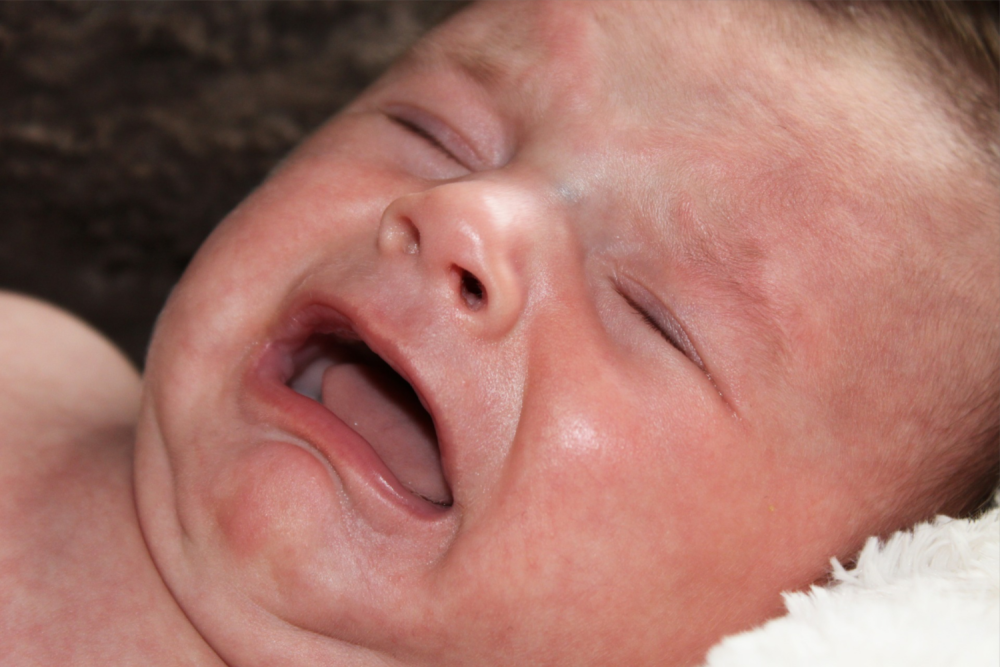
The Dangers of "Crying it Out" — Relavate
Letting babies "cry it out" is an idea that has been around since at least the 1880s when the field of medicine was in a hullaballoo about germs and transmitting infection and so took to the notion that babies should rarely be touched
...According to a behaviorist view, the child 'has to be taught to be independent.' But forcing "independence" on a baby could lead to greater dependence. Instead,giving babies what they need leads to greater independence later. In anthropological reports of small-band hunter-gatherers, parents took care of every need of babies and young children. Toddlers felt confident enough (and so did their parents) to walk into the bush on their own (see Hunter-Gatherer Childhoods, edited by Hewlett & Lamb, 2005).
Behaviorists then and now encourage parents to condition the baby to expect needs notto be met on demand, whether feeding or comforting. It's assumed that the adults should 'be in charge' of the relationship. Certainly this might foster a child that doesn't ask for as much help and attention, but it is more likely to foster a whiney, unhappy, aggressive and/or demanding child, one who has learned that one must scream to get needs met.
Caregivers who habitually respond to the needs of the baby before the baby gets distressed, preventing crying, are more likely to have children who are independent than the opposite (e.g., Stein & Newcomb, 1994). Soothing care is best from the outset. Once patterns of distress get established, it's much harder to change them...

